- Home
- About
-
Learning
- Introduction to Biblical Law
- The 613 Commandments
- God's Social Systems
- Covenant Theology
- Hebrew - Biblical >
- Scripture Study Guide
- Blog: Torah Friendly Teaching
- Blog: Torah & the Gospel
- Blog: Torah & Davidic Kingship
- Blog: Torah & The Book of Mormon
- Blog: Torah Friendly Teaching & Isaiah's Hebrew Gospel
- Library
- Community
- Home
- About
-
Learning
- Introduction to Biblical Law
- The 613 Commandments
- God's Social Systems
- Covenant Theology
- Hebrew - Biblical >
- Scripture Study Guide
- Blog: Torah Friendly Teaching
- Blog: Torah & the Gospel
- Blog: Torah & Davidic Kingship
- Blog: Torah & The Book of Mormon
- Blog: Torah Friendly Teaching & Isaiah's Hebrew Gospel
- Library
- Community

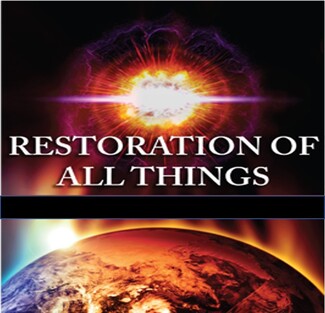
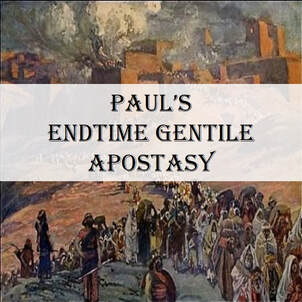
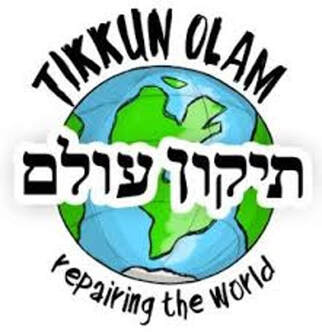
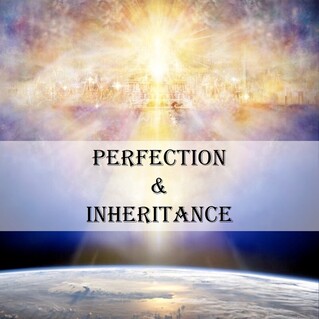
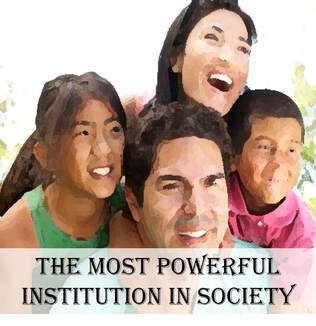
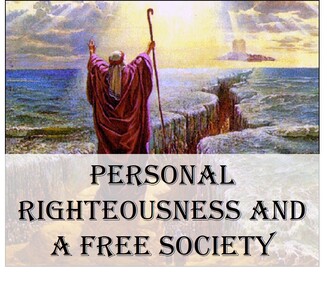
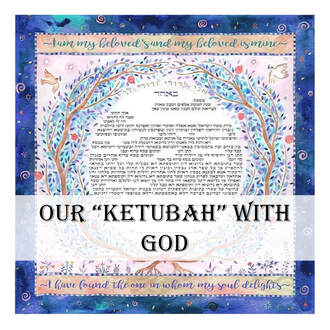
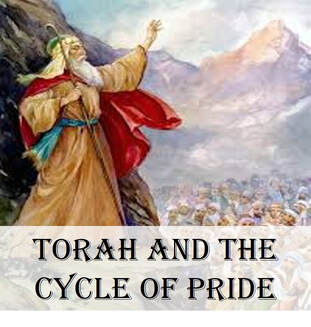
 RSS Feed
RSS Feed